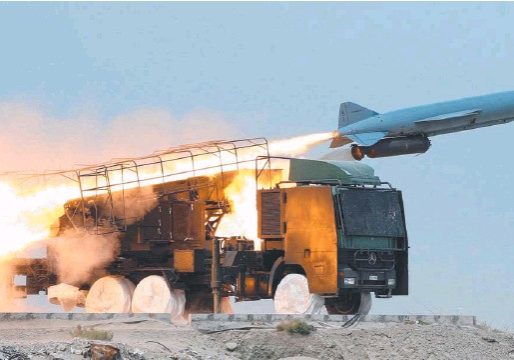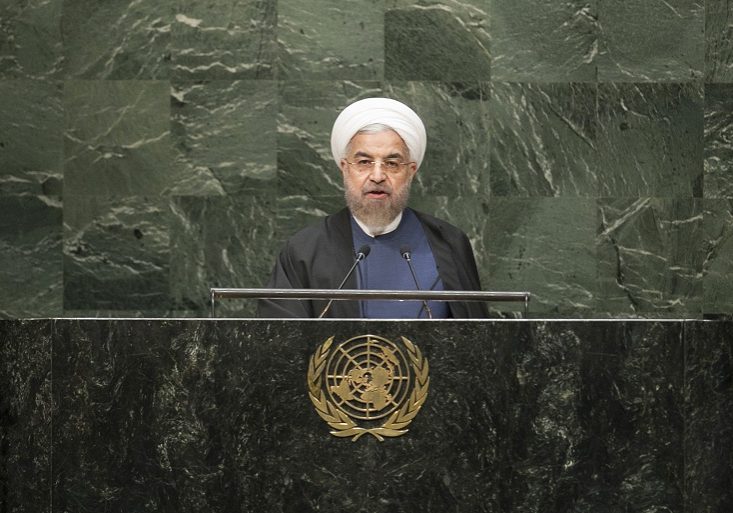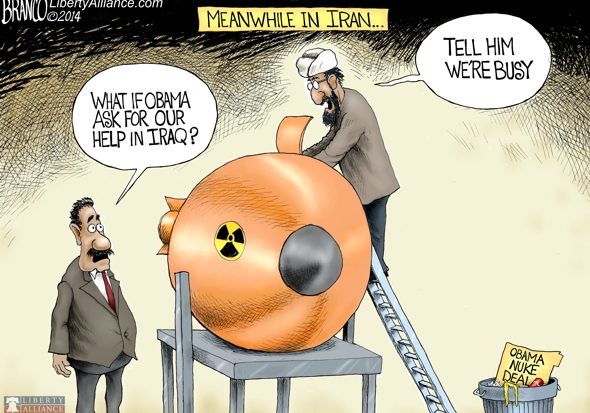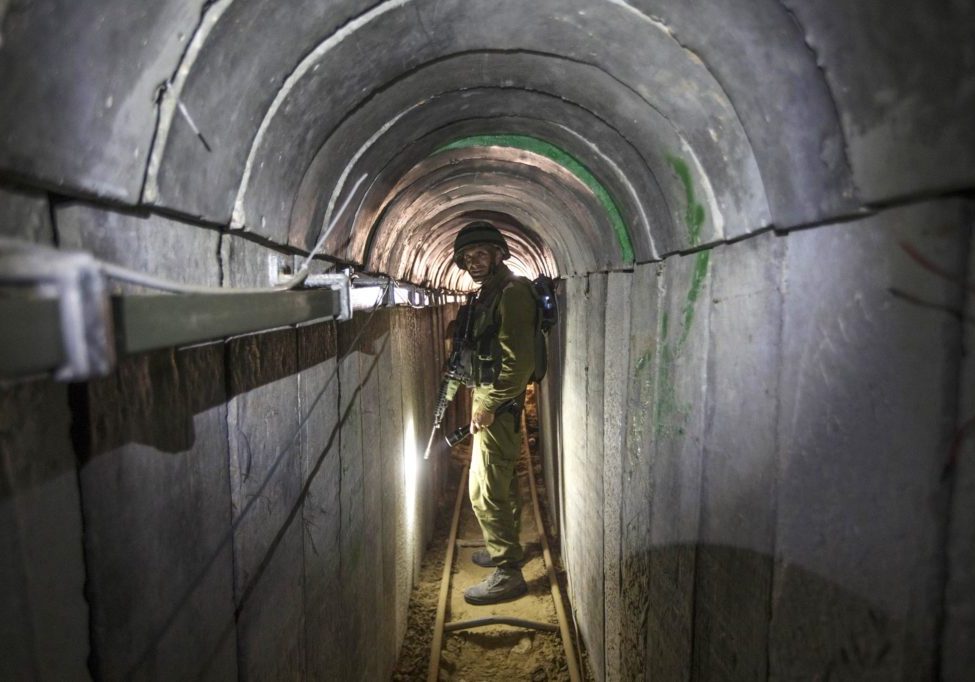
Not condemning anti-Semitism only fuels extremism
January 21, 2015 | Glen Falkenstein
“I went down to the freezer, I opened the door, there were several people who went in with me. I turned off the light and the freezer…I brought them inside and I told them to stay calm here, I’m going to go out”.
Lassana Bathily, a Muslim employee of a kosher grocery store in Paris, saved several Jews from Amedy Coulibaly who murdered four men finishing their shopping before the Sabbath. Earlier that week, Cherif and Said Kouachi, who along with Coulibaly had sought to send radicalised French youths to Iraq, killed twelve people in an attack on the Charlie Hebdo headquarters.

First Person: Time to wake up
December 16, 2014 | Jeremy Jones
Armed hostage taking is extremely rare in Australia, and armed hostage taking accompanied by a banner that evoked images of Islamic State, al-Qaida or other groups known for their inhumanity, barbarity and callous disregard for morality and decency, is unprecedented.

Washington’s goal now appears to be to legitimise Iran as a nuclear threshold state in exchange for a few concessions
December 8, 2014 | Colin Rubenstein
Negotiations between the P5+1 and Iran over Iran’s nuclear program in Vienna have just missed another major deadline. November 24 was the date set for a final deal – after an extension in June – under the interim agreement signed late last year. Moreover, this latest extension, unlike the previous one, violates a key provision of the initial interim deal last November which set a one year limit on the talks.

Letter to The Age/SMH: Home demolitions
December 8, 2014 | Jamie Hyams
In Australia, a major purpose for imposing lengthy jail terms is to deter would-be criminals. But what if the would-be perpetrator intended to die in their attack, in the belief that they would go straight to paradise? What if they murdered in the knowledge they would become a hero in their community, they may even have streets named after them, and their family would be exceedingly generously compensated for their loss?

Moral clarity about Islamic State needs zero tolerance of terrorism
October 24, 2014 | Ahron Shapiro
IN Ottawa on Wednesday, a lone gunman rampaged in and around Canada’s parliament, killing a Canadian soldier before being killed. Authorities said he was a convert to Islam, radicalised to commit his act of terrorism.
That day in Jerusalem, a newborn girl was run down and killed in her pram when a vehicle intentionally rammed a crowded tram stop. The Palestinian driver, killed while fleeing, had an extensive arrest record for nationalistic violence and familial connections to Hamas. He was glorified on Hamas-affiliated websites as a martyr and a Hamas spokesman said his attack was only “natural”.

No to backburner, yes to a two-track strategy
October 21, 2014 | Glen Falkenstein
Iran’s securing nuclear weapons would destabilise a region already suffering from mass upheaval, in addition to having dire security implications for the rest of the world. Multilateral efforts to deter the sadistic actions of ISIS, a crucial priority, seem to have distracted from international efforts to halt Iran’s nuclear program. As identified in the recent post by Andrew Nikolic, a nuclear Iran remains a broader strategic priority and potentially worse threat.

Nuclear-armed Iran would pose a far bigger threat than Islamic State
October 2, 2014 | Colin Rubenstein
The Islamic State is certainly dangerous and must be “degraded and ultimately destroyed”, in Obama’s words. But nothing could damage long-term regional and wider global stability, and Australian and American interests in the region, more than to allow the fight against the Islamic State to become the distraction that allows Tehran to develop nuclear weapons capabilities or extend its regional sphere of influence…

Ceasefire talks offer chance of lasting peace in Gaza
September 22, 2014 | Colin Rubenstein
All attention has turned to Australian military personnel being sent to Iraq to destroy the Islamic State. But crucial talks are set to commence soon on another critical battleground in the quest for Middle East peace.
This week talks are expected to begin in Cairo to produce a long-term ceasefire for Gaza. Israeli representatives and a joint Hamas-Palestinian Authority delegation are supposed to meet under Egyptian mediation to discuss relaxation of border controls by both Israel and Egypt, Israeli demands for demilitarisation of Gaza, Hamas demands for a sea port and airport and payment of Hamas salaries, and reconstruction arrangements.

After the Gaza conflict: The view from Israel
September 20, 2014 | Ahron Shapiro
I arrived at Israel’s Ben Gurion Airport at the end of August, less than 48 hours after Gaza’s rulers Hamas accepted an open-ended ceasefire effectively ending a two-month long conflict with Israel.
Along with the signs giving directions to passport control and baggage claim were signs indicating the nearest bomb shelters – a reminder of rocket attacks that briefly led to the suspension of most flights to and from Israel.
For the first time, Israelis realised that Hamas’ rockets not only posed a terror threat, but could physically isolate Israel.

Letter: Apology falls short
September 1, 2014 | Jamie Hyams
In her belated apology for the use of photos of dead children from the Syrian conflict to represent purported Israeli slaughter in Gaza (29 August), Sonja Karkar of Australians for Palestine claims the statistics alone tell the story. There is no question that large numbers of civilians, including children, have been killed in Gaza, and this is a tragedy. However, the oft-quoted statistics are also very dubious. They come from Gaza health authorities, under the control of Hamas, which has a clear interest in exaggerating the civilian numbers, and are passed on to UN agencies.

Letter: Ignoring the facts on Israel-Palestine issue
August 26, 2014 | Allon Lee
David Rothkopf is deluding himself if he thinks that it is only Israeli intransigence that has prevented the establishment of a Palestinian state (“A High Price”, Review, August 22).
An in-depth report by Ben Birnbaum in the New Republic on the recent failure of US Secretary of State John Kerry’s peace initiative showed that Israeli Prime Minister Benjamin Netanyahu had agreed to accept the US formula of a Palestinian state based on pre-1967 boundaries with minor, mutually agreed, land swaps.

Seeing the light: Hamas’ terror tunnels
August 25, 2014 | Glen Falkenstein
It takes us a little bit to our childhood fairy tales of demons… [the] environment I live in, the quiet, the green grass, the trees. It’s not a pleasant thought that you sit one day on the patio drinking coffee with your wife and a bunch of terrorists will rise from the ground.
Such is the reality for a resident of southern Israel – only a mile from his house, 13 Hamas terrorists emerged from a tunnel, reaching from the Gaza Strip to his community – with the intention of attacking civilians during the recent conflict.






